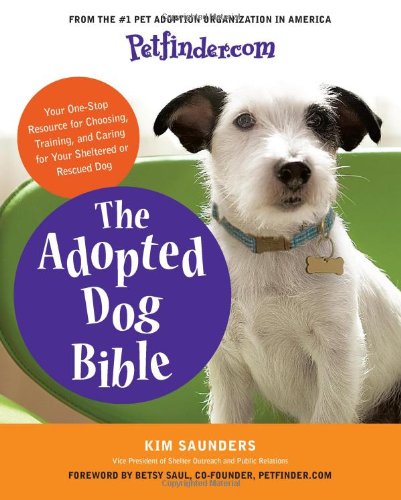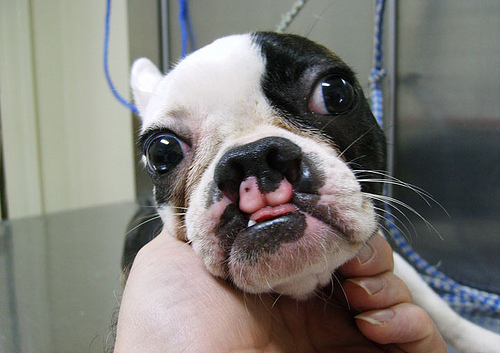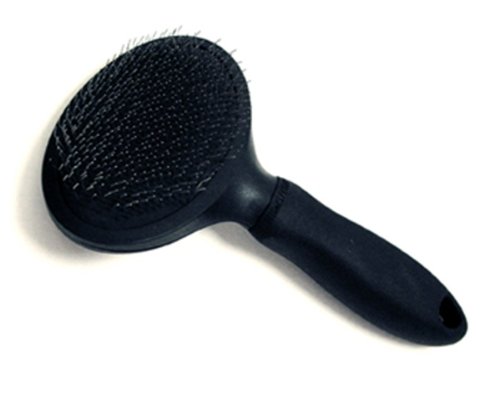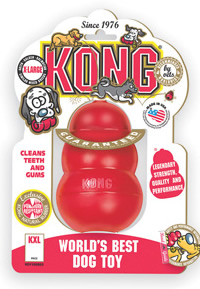By far the most frustrating element regarding owning a new puppy is when they bite. Should you have a doggy, it can be hard to stop puppy from biting if you do not understand how to train dogs properly right from the beginning. Young puppy biting isn't only a teething habit; it is more-so a kind of playing for your puppy. One of the most important elements to be aware of is that often young dogs check out the world around them by playing. The first step to help manage puppy biting is to make sure that your family reserves time to spend playtime with your brand new puppy each day. Be sure you provide the baby dog a good amount of opportunities to have fun without biting.
If the young puppy was first taken away from the mommy dog when they were younger than 7 weeks old, the pup possibly didn't get the required time to completely comprehend bite inhibition. As a rule puppies understand this naturally, through the help of his or her sisters and brothers. By means of biting and playing with the other dogs from the litter, pups understand how much strain they can undergo with his or her mouth before it leads to pain. When young puppies bite another, the doggie that is getting bitten will often bark differently in the event the other doggy bites or nips very hard.
The puppy that is doing the biting finds out that after it bites his or her brothers and sisters too hard, they don't want to play with it anymore. This helps your doggie figure out how to be gentle. Additionally, it is the reason why if a doggy was removed from its brothers and sisters while it was still too young, it might not have established the limits of biting. It then gets to be the job of the puppy's brand new loved ones, (you), to begin training the pup not to bite.
The right way to Teach a Puppy Not to Bite
Most importantly, stay clear of punitive measures for instance hitting, spanking or holding the dog's mouth closed. These things could potentially cause aggression and may be damaging to your relationship with the dog. In the event you must use discipline with your doggy, giving them a "time out" is far more successful. Help the doggie understand the boundaries by simply teaching them that virtually all uninvited contact with a person's feet and hands, (whether it be chewing, mouthing, or biting), can be painful by letting out a "yelp" such as the other puppies in their litter did. You will need to make sure that everybody in your household will follow similar guidelines. When your doggy bites or mouths anyone, they will need to "squeal" and stop playing with the pet right away. When you begin with this "yelping" training, (yelping if your doggie mouths or bites anyone and then quitting all play), the puppy dog should know fairly quickly that his or her conduct is wrong and will end play time. You and your family need to always be consistent and react right away in order for this kind of training to be effective. If your pet licks your feet or hands rather than biting or nipping them, reward the dog instantly.

 Do You Deserve Your Dog?
Credit: sixninepix
Do You Deserve Your Dog?
Credit: sixninepix
 Cleft Palates and Cleft Lips in Puppies - Dog Health
Cleft Palates and Cleft Lips in Puppies
Cleft palates and
Cleft Palates and Cleft Lips in Puppies - Dog Health
Cleft Palates and Cleft Lips in Puppies
Cleft palates and
 Stinky Dog Ears
My dog Sasha (pictured) has
Stinky Dog Ears
My dog Sasha (pictured) has
 Caring For a Golden Doodle
Credit: www.pixabay.com
Caring For a Golden Doodle
Credit: www.pixabay.com
 Choosing the best dog toys for your dog or puppy
Choosing the Best Dog Toys - Plus Our Favorites!
Choosing t
Choosing the best dog toys for your dog or puppy
Choosing the Best Dog Toys - Plus Our Favorites!
Choosing t